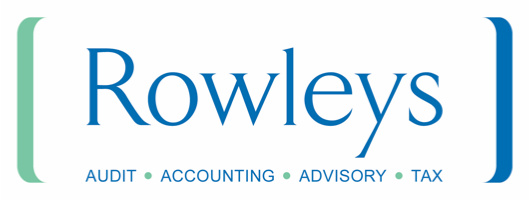News & Events
What have we learned from the Office for Tax Simplification’s review of CGT?
20th November 2020
Back in August we reported that the Chancellor had asked the Office for Tax Simplification (OTS) to review the current Capital Gains Tax (CGT) rules.
On 11th November the OTS published their first report.
The headline is that the OTS found the current CGT structure “distorted behaviour” and was often counterintuitive with “odd incentives”. More specifically they observed that the disparity in rates between Capital Gains Tax and Income Tax can distort business and family decision-making and incentivise people to re-characterise income as capital gains.
This feeling was directly addressed by Bill Dodwell, tax director at the OTS:
“If the government considers the simplification priority is to reduce distortions to behaviour, it should consider either more closely aligning Capital Gains Tax rates with Income Tax rates, or addressing boundary issues as between Capital Gains Tax and Income Tax.”
Although the report runs to 136 pages (you can download a full copy here) the highlights that we have picked out from the report see the views of the OTS are:
- CGT rates need to be aligned more closely to income tax rates which may mean the maximum rate of CGT (28%) could rise as high as 40% and 45% in England and Wales
- The CGT annual allowance needs to be reduced
- It has been recommended that the government introduce a broader exemption for personal effects if the CGT allowance is lowered
- The rules surrounding Business Asset Disposal Relief (Entrepreneurs’ Relief as was) will change
- As the current CGT rates and reliefs are counter intuitive and distort the decisions of family and owner managed businesses the rates need to be addressed
- The “capital gains uplift” that allows beneficiaries to inherit an asset at market value on the date of death should be scrapped as it may not be best for the business, the individuals or families involved, or the wider economy
From a purely political perspective this is probably not the result Rishi Sunak wanted.
It is estimated that making the changes suggested in the report would generate around £14bn for the exchequer. However, Mr Sunak is reportedly looking for £200bn to try to address the hole in the public finances after public spending quadrupled from April to September. This would suggest additional taxation measures will need to be found.
While the recommendations within the report look significant Steve Nicholls, Associate Tax Director at Rowleys, was quick to issue a more balanced response:
“Yes, there is a lot to digest here but we did know it was coming. It’s really important to remember that at this stage these are just recommendations from a tax body to the government which is the first part and we don’t expect the next part until the New Year. It is now down to the government officials to decide, with help from both HMRC and the Treasury staff, how they want to use these recommendations. If the government’s focus is – as it seems – on the economy, job retention and Coronavirus, their final course of action could look very different.”
Steve added that this was the time for careful consideration rather than taking any reactive action:
“None of us have a crystal ball which means none of us know exactly how this will end. While it is extremely prudent to discuss possible scenarios and how best to tackle them with your advisors, it would be unwise to make any immediate changes until we know more. If the outcome is that it is decided these changes would not cover the current shortfall in expenditure, alternatives will need to be found and those could require you to take a different tack.”
If you would like to discuss how the proposed changed to CGT may affect you or your business or have any other concerns regarding your current tax position, please email Stephen.nicholls@rowleys.biz or call Steve on 0116 2827000.
